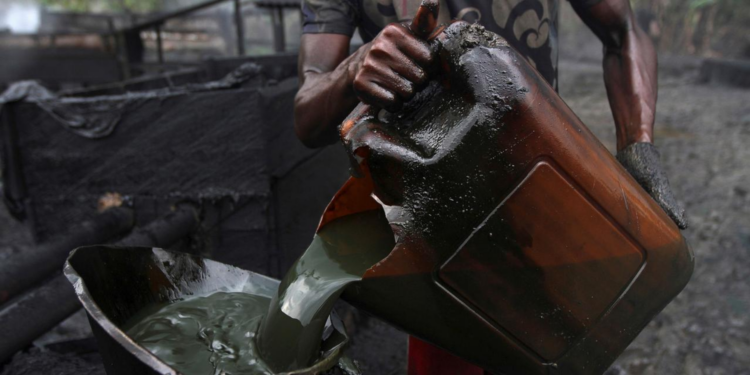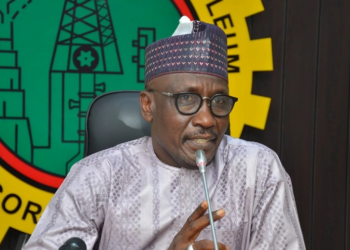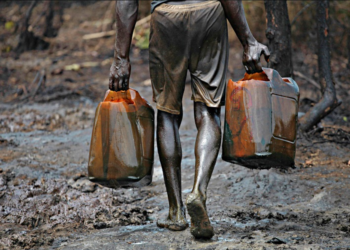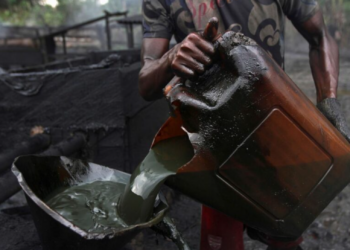Analysts have said that Nigeria knows it still has much work to do in terms of tackling crude oil theft.
A November 29 report from S&P Global Commodity Insights highlights that Clementine Wallop, senior adviser to political risk consultancy; Horizon Engage believes that Nigeria’s oil sector is struggling, and the Tinubu administration still has a lot of work to do.
- According to Wallop, the Nigerian oil sector is struggling, as can be seen from the persistent gap between NUPRC production numbers and the OPEC quota, She said: “Though output is higher since President Tinubu took office, and though the government is allocating more resources to security in the Niger Delta, Abuja knows it still has much work to do, especially on crude theft and pipeline vandalism.”
According to the report by S&P, OPEC and its Russia-led allies are making a final attempt to settle disagreements about how much oil each country should produce in 2024. This meeting was rescheduled hastily for November 30, coinciding with the start of the UN’s COP28 Climate Change Conference in Dubai.
However, Angola and Nigeria are still holding out on reaching an agreement. The main issue revolves around how much oil African countries, especially Angola and Nigeria, should be allowed to produce.
As of November 29, there hasn’t been an agreement reached, mainly because African members were supposed to either accept quota cuts or prove they could produce more oil based on external assessments by November.
Even though they believe they’ve shown increased production capabilities, African oil producers are still facing significant cuts in their quotas. This has sparked disagreements and concerns about potential impacts on their oil industries’ investments.
Up until November 28, there were efforts to persuade Angola and Nigeria to agree, with other African nations acting as intermediaries using their regional connections.
Note that throughout 2023, Nigeria struggled to meet its assigned OPEC production quota of 1.78 million barrels per day.
However, in September and October 2023, Nigeria managed to produce 1.5 million barrels per day, which was its highest production level in the year. This production figure also includes condensates.
Jim Burkhard, vice president and head of research for oil markets, energy and mobility, S&P Global Commodity Insights notes further that:
- “Although the outcome of the November 30 OPEC+ meeting is not known yet, we expect production cuts, including unilateral cuts by Saudi Arabia and Russia, will be prolonged into 2024 or even deepened,”




















